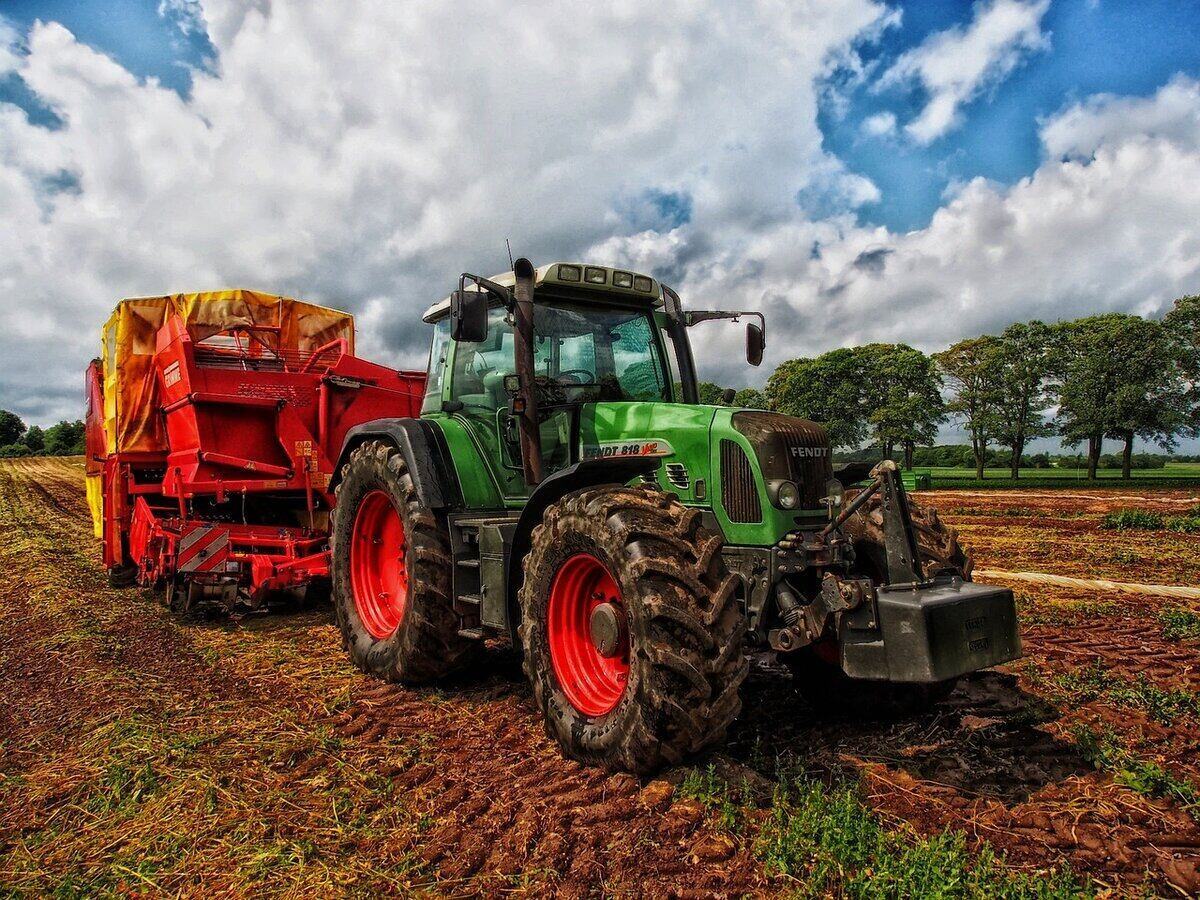Agriculture to save Hungary’s GDP growth?

Change language:
Although the GDP decreased on an annual basis due to last year’s high base, it was presumably able to expand on a quarterly basis. Thus, the technical recession in Hungary may have ended after one year. Agriculture will likely save this year’s growth.
Világgazdaság wrote that in the first quarter, the Hungarian economy was still in a technical recession. As of June 2022, output fell on a quarterly basis for the third consecutive quarter. Meanwhile, annual growth turned negative again after the first quarter of 2021 (minus 0.9%). According to Világgazdaság’s analysts’ consensus, in the second quarter of this year, due to the last year’s high base, the GDP fell by 1.3% on an annual basis. However, it was able to expand by 0.4% compared to the previous three months. Thus, the recession in the technical sense may have come to an end. An expert says:
The contribution of agriculture to annual growth can be even greater: after last year’s extremely weak performance, such a lucky start we have experienced might even generate an unprecedented positive contribution in terms of year-on-year GDP growth.
Unpredictable changes
According to Gábor Regős, the Professional Manager of Makronóm Institute, in the second quarter data, we see a decline on an annual basis. However, the big question is the quarterly volume change, and it is difficult to predict. In addition, the fact that the individual sectors could have shown very different performance compared to the previous year makes forecasts almost pointless. The performance of the many industries, including constructions, also fell. However, a minor increase is expected for services. Having said that, Gábor Regős also noted that due to the weight of the sector, it is the one that determines the GDP to the greatest extent.





